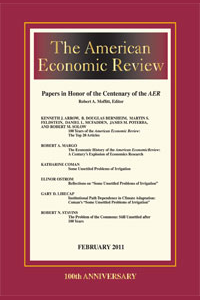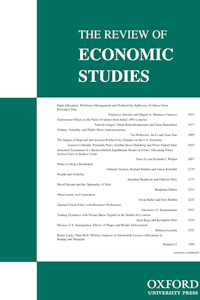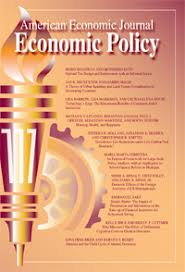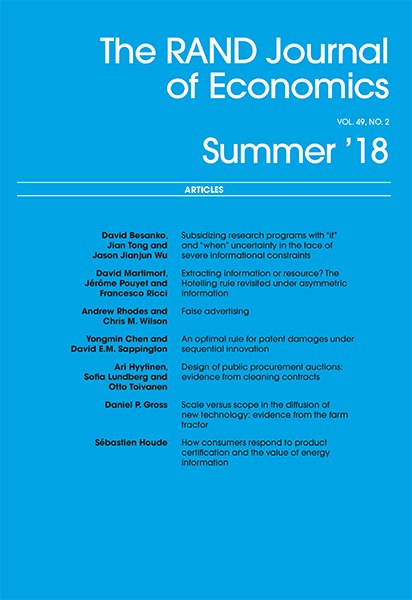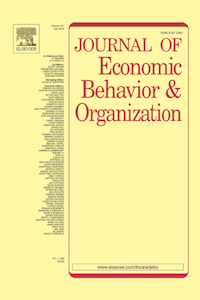
Crossley, T.F., Low, H. and Smith, S.
Do consumers gamble to convexify?
Journal of Economic Behavior and Organization
Vol. 131 pp. 276-291 (2016)
Abstract: The combination of credit constraints and indivisible consumption goods may induce some risk-averse individuals to gamble to have a chance of crossing a purchasing threshold. This idea has been demonstrated theoretically, but not explored empirically. We test this idea by focusing on a key implication: income effects for individuals who choose to gamble are likely to be larger than for the general population. Using UK data on gambling wins, other windfalls and durable goods purchases, we show that winners display higher income effects than non-winners but only amongst those likely to be credit-constrained. This is consistent with credit-constrained, risk-averse agents gambling to convexify their budget set.
Keywords: Consumption, Durables, External validity, Income effects, Lotteries
JEL Codes: E21, D12, D81, L83, C18
Author links:
Publisher's Link: https://www.sciencedirect.com/science/article/pii/S0167268116301585 ![]()

